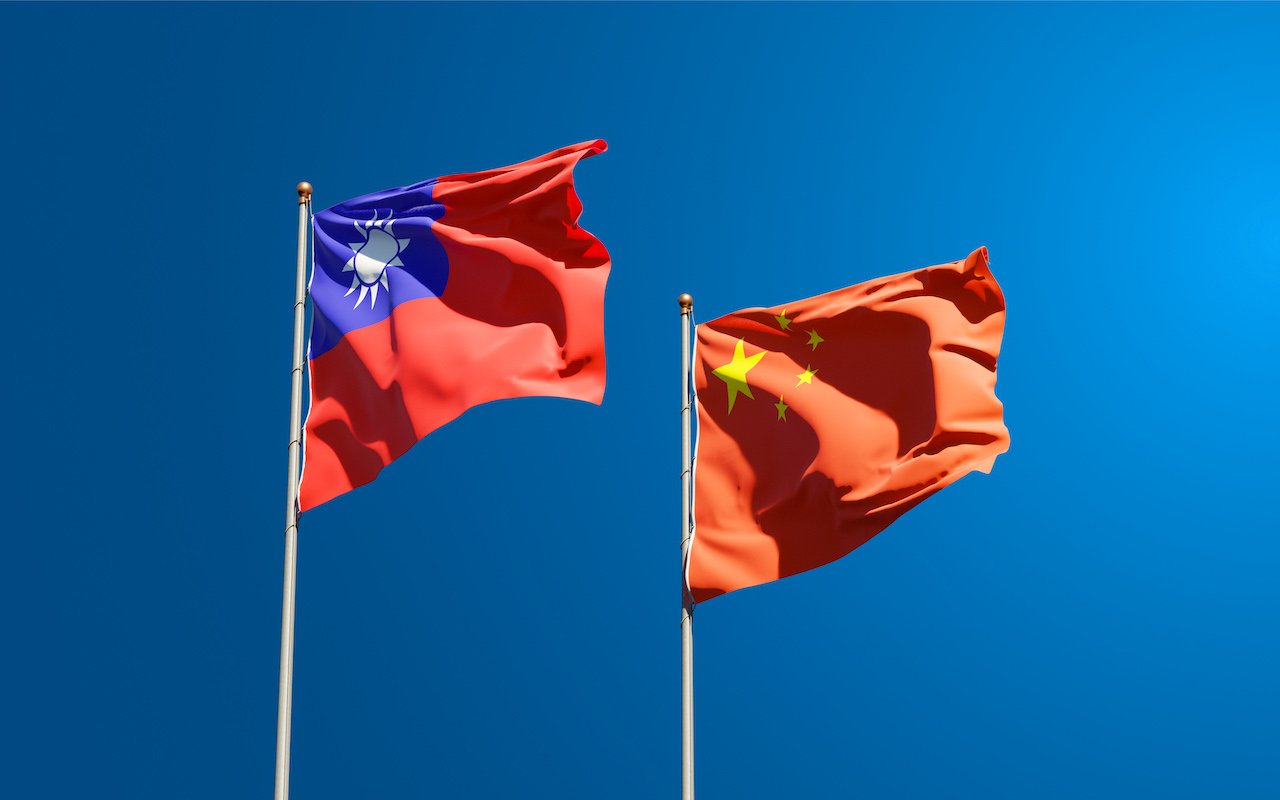Photo from Deposit Photos
Corning Inc., a major player in the speciality glass market, is now the focus of a formal European Union antitrust investigation amid allegations that it used its market power to stifle competition in the break-resistant smartphone screen industry. The EU’s competition watchdog examines whether Corning’s exclusive agreements with phone manufacturers unfairly limited access to rival glass suppliers, potentially blocking alternatives that might benefit consumers.
The Commission’s inquiry focuses on whether Corning may have used its market power to implement anti-competitive practices, particularly through exclusive supply agreements with both device manufacturers, also known as Original Equipment Manufacturers (OEMs), and companies that refine raw glass.
These agreements allegedly restrict competitors from gaining a foothold in the market and may limit consumers’ options, which could ultimately lead to higher prices and reduced innovation.
“We are investigating if Corning, a major producer of this special glass, may have tried to exclude rival glass producers, thereby depriving consumers of cheaper and more break-resistant glass,” said Margrethe Vestager, Executive Vice-President in charge of competition policy.

The probe spotlights Corning’s Gorilla Glass, an alkali-aluminosilicate material that has become the industry standard for smartphone displays. Marketed for its scratch resistance and durability, Gorilla Glass is commonly found on millions of devices worldwide, from smartphones to tablets and smartwatches.
Corning’s near-ubiquity in the smartphone market has sparked concerns that its dominance may allow it to leverage exclusive supply contracts, particularly with leading device makers, making it challenging for rival glassmakers to secure business in Europe’s lucrative market.
If found guilty, Corning could face penalties of up to 10% of their global annual revenue, which can be a huge burden. However, the EU allows the company to respond to the preliminary inquiry.
EU is at odds with several big tech companies. Recently, the EU probed Temu over the alleged sale of counterfeit goods. Similarly, in September 2024, the Union launched two proceedings against Apple under the Digital Markets Act (DMA).
In the same month, the European Union fined Google over €2.42 billion. And in June, the EU started an antitrust probe against Microsoft for tying Teams to Office.
In the News: MHA blocks 6 lakh mobile numbers, 709 apps to combat digital arrests






